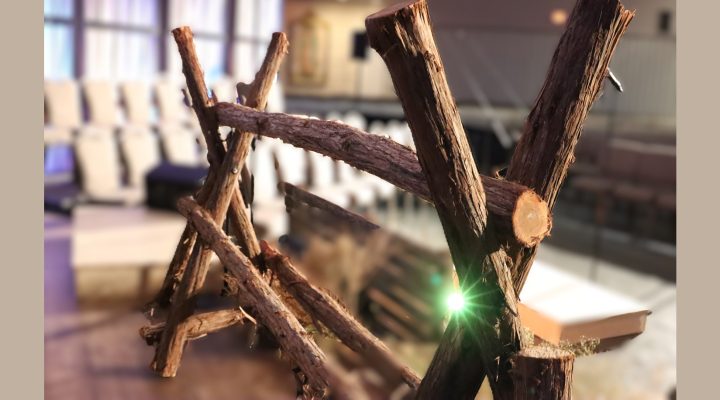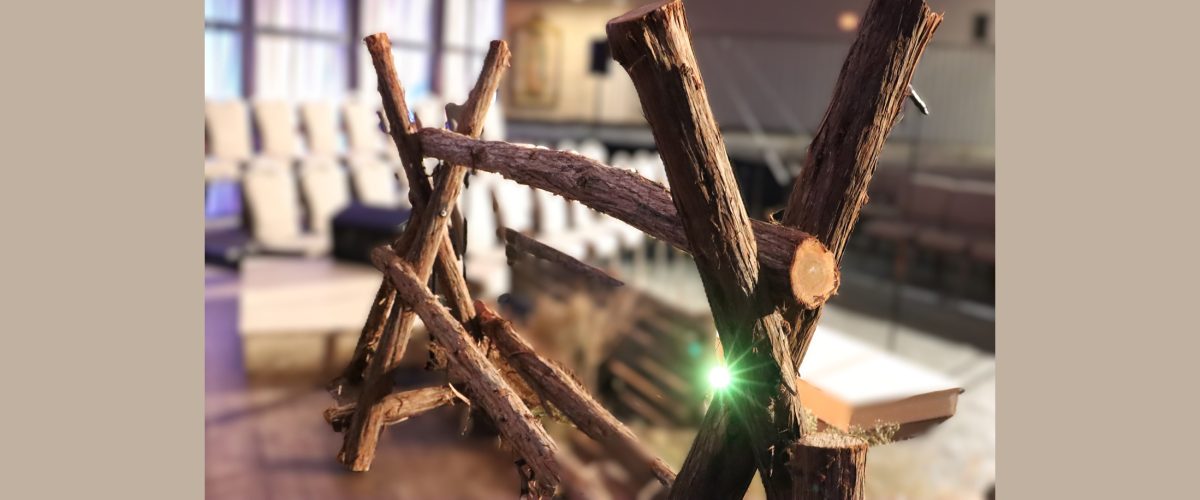Editor’s note: Last weekend, the Dallas-based Turtle Creek Chorale performed Considering Matthew Shepard, a Grammy-nominated three-part oratorio composed by Craig Hella Johnson. The author serves as artistic director of the Turtle Creek Chorale. This piece first appeared in the Dallas Voice and is republished here with the author’s permission.
I am open.
To hear this story.
About an ordinary boy.
Who never expected his life would be a story.
Could be any boy.
— from Considering Matthew Shepard, Movement 3
Over the past few weeks, many of our Turtle Creek Chorale singers have been sharing the story of why the work Considering Matthew Shepard is important to them.
This is why I am singing the piece.
I grew up gay in a very conservative environment — on a farm in the northeast corner of Oklahoma. I lived on isolated farmland, but not too far removed from the sprawling metropolis of Tulsa. I grew up as a member of and active participant in a tiny little Baptist church.
I grew up not particularly realizing who I was — or what I was.
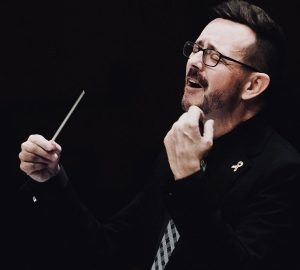
Sean Mikel Baugh
I was, of course, intensively involved in music. I played piano at church for specials. I played trumpet in the band. Throughout high school, I acted, sang and played. Some of you might know me from my 1991 award-winning performance of Seymour in Little Shop of Horrors, the pinnacle of my acting career. (Insert hysterical laughing here.)
I didn’t know other gay boys like me in high school. There was only the drive-thru attendant at the Taco Bell in my small town. And I would spend hours watching him, fascinated that there was someone like me out there just living a normal life.
It wasn’t until college that the realities of who I was started to clash with who I was “supposed to be.” I began at the University of Kansas in 1991. In student orientation they told us to be respectful of our gay and lesbian fellow students. I knew I was in the wrong place. I didn’t want to be gay. I didn’t want to be around gays. It was a sin. I was bad … wrong … dirty.
“I decided to save them the trouble, grabbed a trusted faculty member and confronted the leaders of the university myself.”
I left KU and enrolled at Oklahoma Baptist University to study music and pursue a life of music and youth ministry. This was the path I was meant to follow. This was God’s path.
It was at OBU, through a bizarre confluence of events (way too much to go into here), that the university began “investigating my homosexuality.”
By the time of my junior year, I was invested in the university and the life it offered.
I had one year left.
I began to receive calls from my friends, risking punishment, letting me know the school was calling them in, one by one, and asking them if I was gay. I decided to save them the trouble, grabbed a trusted faculty member and confronted the leaders of the university myself.
I was forced to sign a contract that stipulated I would not be involved in “homosexual activity” to remain at the school. The contract also stipulated I attend anti-gay therapy, which lasted all of one session. Yet I still remained a student, and I began to do my student teaching assignment in nearby Oklahoma City.
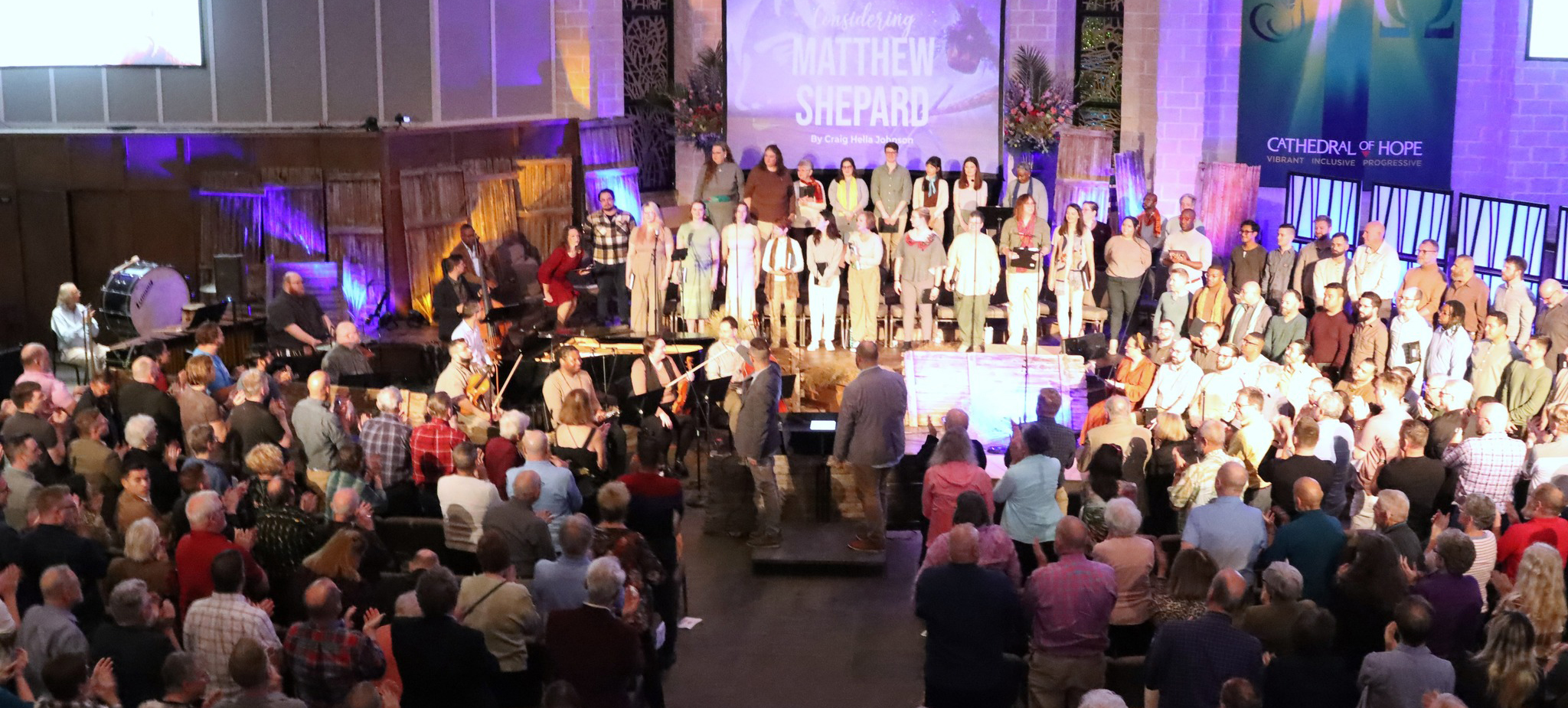
Performance of “Considering Matthew Shephard” at Cathedral of Hope in Dallas. (Photo: TCC Facebook)
It was a Friday in October 1994, I suppose exactly 30 years ago, that I found myself with time to kill in Oklahoma City before meeting up with friends that night. In the “gay area” of town, I met two guys who, in hindsight, were chillingly similar to Aaron McKinney and Russell Henderson (the two men convicted of murdering Matthew Shepard just four years later). They tried to lure me back to their hotel, but I resisted, and ultimately, we found ourselves alone at a local park to hang out as night fell.
“They left me bloodied and immobile in that park ravine. The reality was, they left me for dead.”
In the remote area of that massive park there was a deep ravine surrounded by trees, boulders and water. That’s the spot where these two boys beat me to within an inch of my life, using large rocks, fists and feet while screaming “fag” and other taunts. They left me bloodied and immobile in that park ravine. The reality was, they left me for dead.
“Could be any boy.”
I was found by a passerby who came to my aid and called for the police and ambulance. I was alive but unrecognizable by even close friends. It took quite some time to recover, but I was alive. It haunts me to think what would have happened if I had joined them at their hotel.
Police never caught the two responsible. I doubt they even tried.
“We are all sons of fathers and mothers. We are all sons.” — Considering Matthew Shepard, Movement 15
It was a few weeks later that I received a call from representatives of the university that I had been found in violation of my contract, that due to the circumstances around the beating, I was involved in “homosexual activity.” I was immediately dismissed from school with just a handful of months to go before graduation. I was able to attend another school close by and finally finished up in 2006 before moving to Dallas for grad school at SMU.
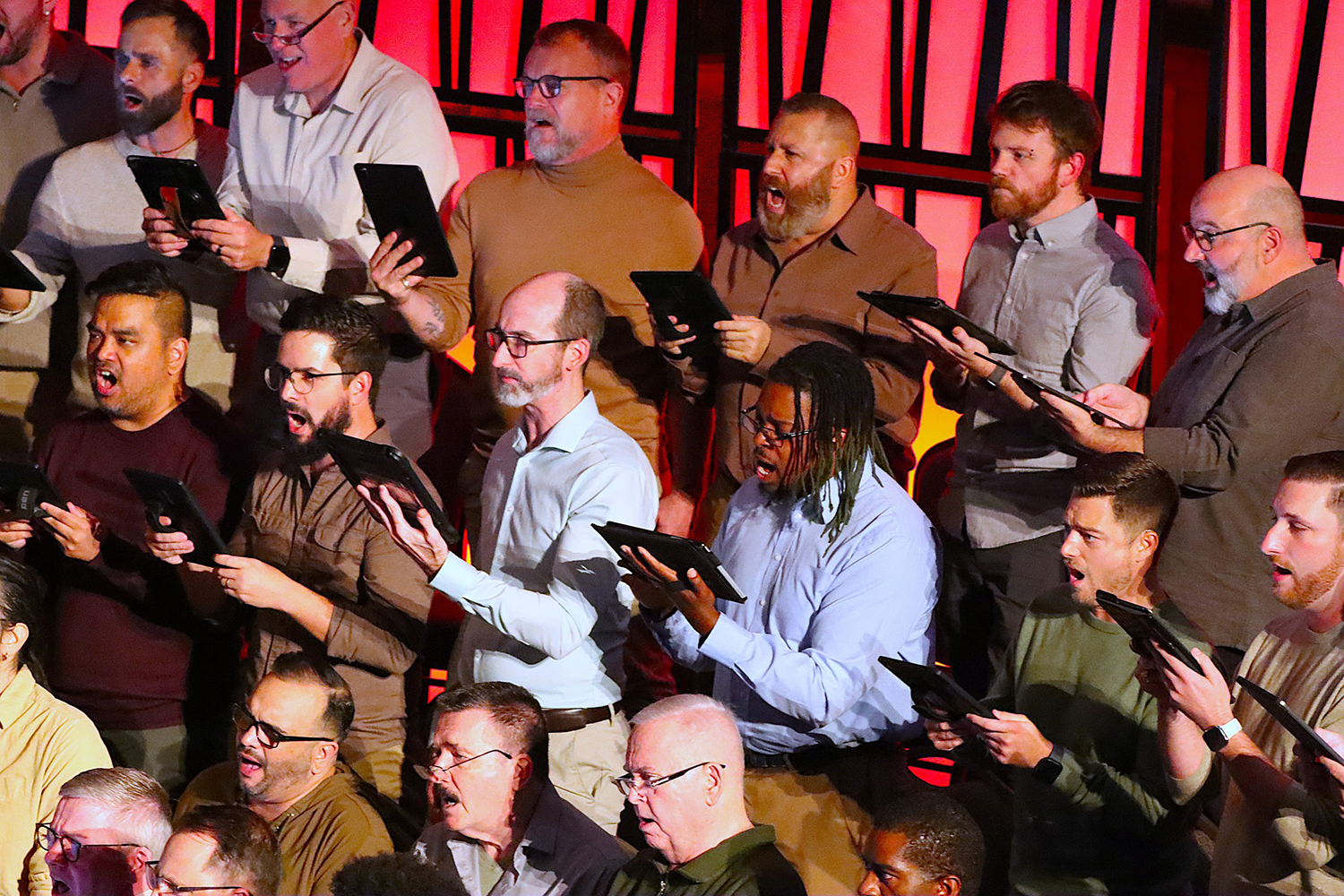
Members of the Turtle Creek Chorale sing “Considering Matthew Shepard” at Cathedral of Hope in Dallas. (Photo: TCC Facebook)
The news of Matthew, just four years after my personal events, shook me to my core. The similarities of our lives and experience were astonishing. The skinny, sensitive, music and theater kids meeting two boys who showed us attention who then made us victims of pure hatred.
“I sing this work because it is still important.”
I survived.
Matthew did not.
I might not have.
I have since found a life of love, acceptance and hope: a community of singers who make every day a thrilling one, a church where I have since rediscovered my faith and a support system of amazing humans.
I sing this work because I recognize, firsthand, the violence that can arise from hateful rhetoric and belief. I sing this work because I see the same rhetoric being used against many marginalized people: immigrants, women, people of color, LGBTQ people. I see it being used by public officials, by people who call themselves our leaders.
I sing to help with my own personal healing. I sing so we remember.
I sing this work because it is still important.
Because it “could be any boy.”
Sean Mikel Baugh hails from Sand Springs, Okla. He lives in Dallas, where he serves as artistic director of the Turtle Creek Chorale and associate director of music and worship at Cathedral of Hope.

